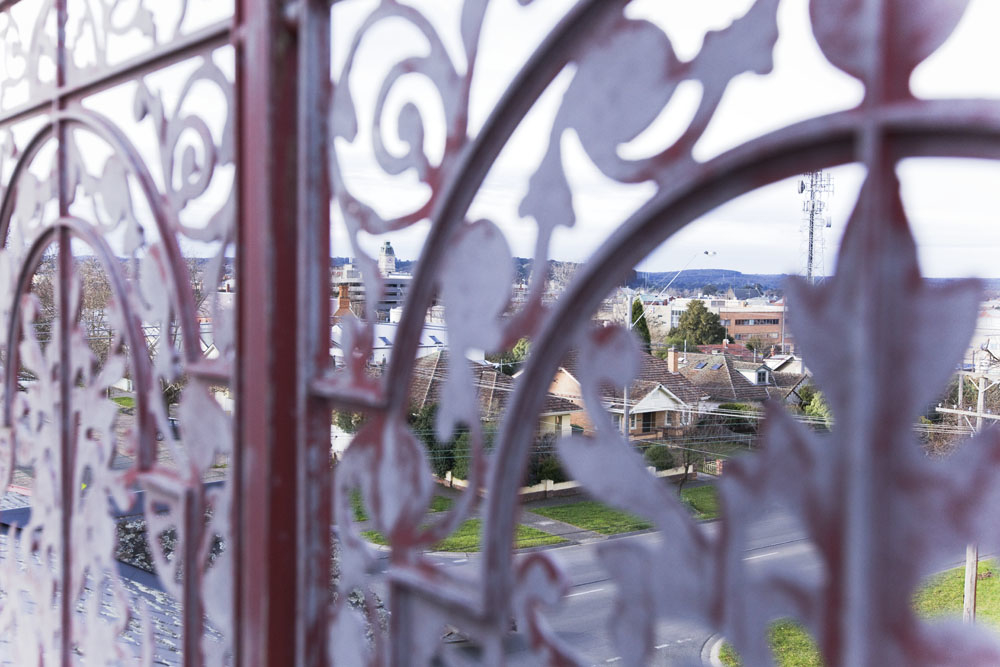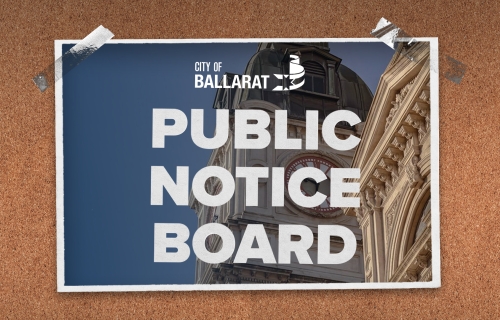City to Pilot Design Review Panel
 Published on
Published on

The City of Ballarat will trial a Design Review Panel to provide a more streamlined approach for developers and ensure high quality design outcomes for future builds.
With significant development in the municipality, there is a growing need for greater design capability to support Council and developers to achieve the best outcomes and make a positive contribution to Ballarat’s distinct character.
Under the current practice, design review is outsourced at a cost to Council, and is generally received after the permit application for the project has been lodged.
The Design Review Panel aims to provide a consistent process and certainty for developers before they enter the application process, reducing the likelihood of delays.
Design review has most value when used at an early stage when design ideas are formative, and the approach to the project scope and site can be adjusted. There is also time and budget to adopt the advice, enabling improved design outcomes.
Through a design review process, projects are evaluated against the principles of good design and with regard for the parameters of what is allowable in planning policy.
The impartial appraisal by a panel of professionals will provide advice on the design of new buildings, landscapes and public spaces. The practice is widely used in Australia.
City of Ballarat Mayor, Cr Daniel Moloney acknowledged that good design created better places and advanced the quality of architecture, landscape architecture and urban design and said it was critical for cities like Ballarat.
“It makes sense to provide expert design guidance to applicants so that they can adjust their application accordingly before bringing it to Council, helping to avoid delays and progress projects in a timelier manner,” he said.
The Design Review Panel will be piloted for 12 months. It will be appointed under the Design Review Panel Terms of Reference which encourages a balance between local knowledge and expertise from outside the local government area be sought to optimise the range and calibre of skills available.
Costs associated with the operation of the panel, including member remuneration, is not expected to be significantly greater than Council’s current practice of engaging independent review services.
More news

 24 April 2025
24 April 2025
New residency program to support Ballarat creatives
The City of Ballarat’s Creative City team is partnering with arts organisation Punctum to deliver Seedpod, a renowned…

 25 April 2025
25 April 2025
Public Notices - Friday 25 April 2025

 25 April 2025
25 April 2025
Mayor’s Message - Friday 25 April 2025

 23 April 2025
23 April 2025
Everything you need to know about the 2025 Ballarat Marathon

 22 April 2025
22 April 2025
Where you can attend an ANZAC Day service in Ballarat in 2025

 17 April 2025
17 April 2025